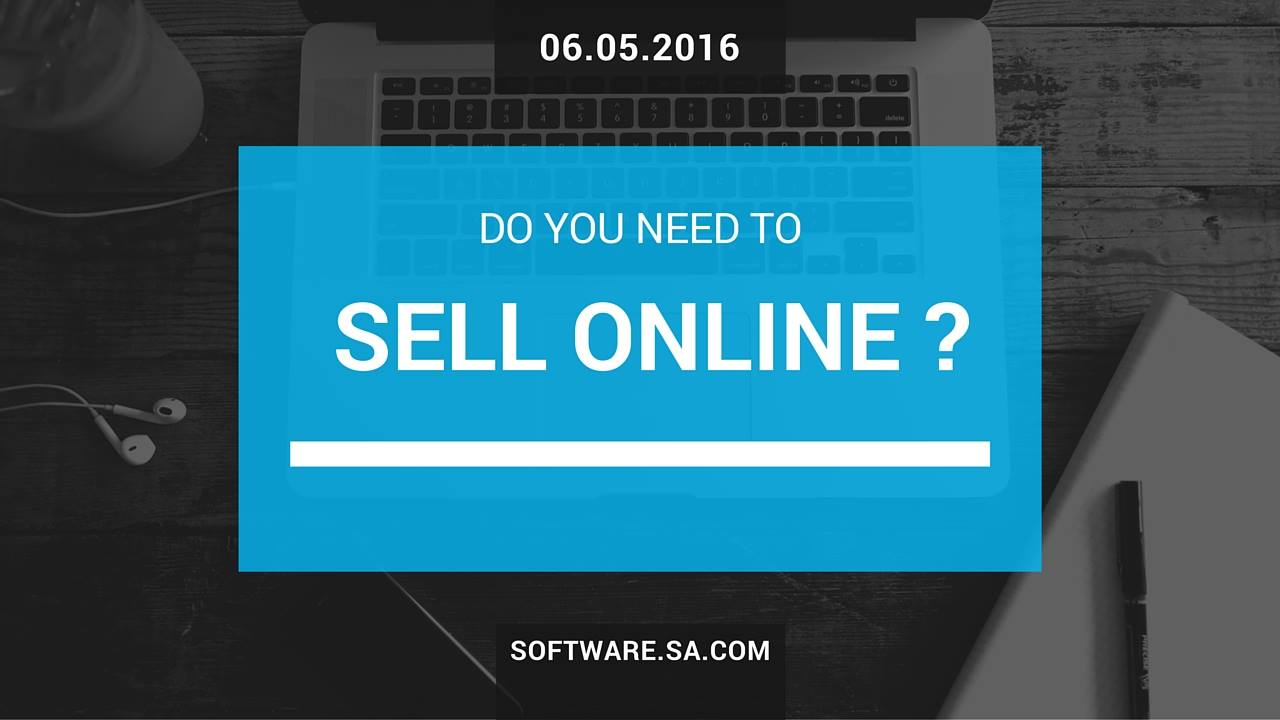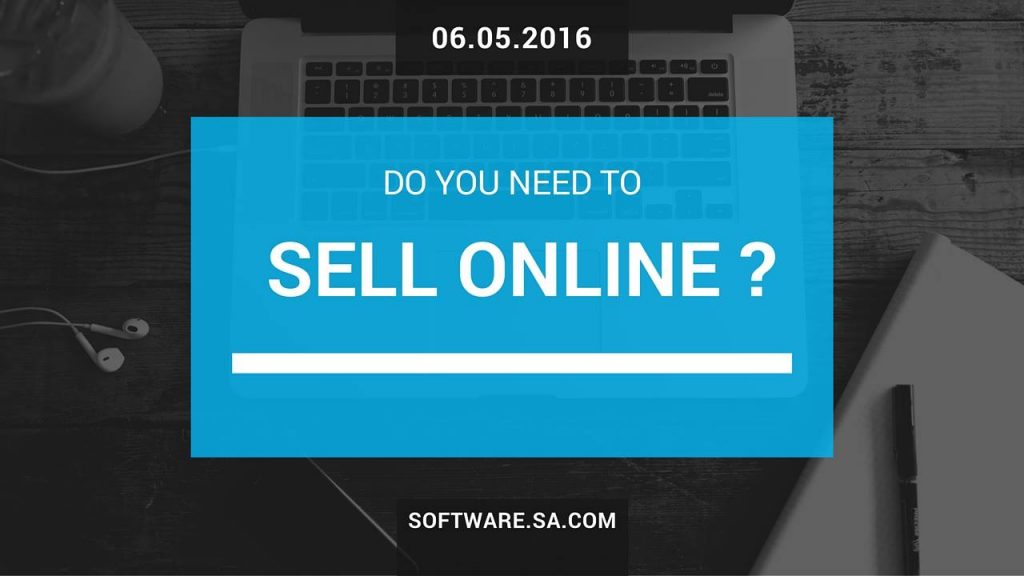You have a small business and you’re wondering if you should also have an e-commerce website built?
Is this the right thing to do?
Yes, it’s a great decision to add a e-commerce website as part of your “tools”. Yes, this is how you want to look at it: an e-commerce website is a part of your arsenal of tools that are going to help grow your business.
Why Is An E-Commerce Store Relevant?
Brand Recognition
People are performing their searches online and often make a decision right then and there to buy online.
Even if you’re in physical proximity to your client, if they can’t find you because you don’t have an e-commerce presence but your competitor does, guess who the sale goes to?
An E-commerce site is an investment
…But it doesn’t have to cost you an arm and a leg.
For anywhere between $30-$100 a month, you can maintain a robust e-commerce site. You can skip the big up-front costs and set up is streamlined.
Turn them into believers!
It’s not just your customers you want to capture: you want to try and turn those who wouldn’t ordinarily consider you as viable or relevant alternative into loyal purchasers.
Example: I’ve worked with a client who has gained customers who visit his physical store simply because they ended up finding him online first.
- His e-commerce website helps those who are looking for what he sells, learn of his store.
- Within his first week of opening the e-commerce website, one of his first transactions was out of the country, in Switzerland, while he is located in Luxembourg.
Put Yourself In Your Customers’ Shoes
People do their research before they buy. Even though they might purchase from big box stores, they’ll have done research by reading reviews online and speaking to actual associates before they’re ever ready to buy.
Their research also includes price comparisons and reviews of your store versus that of your competitors.
Keep in mind that price is not always the main deciding factor in a sale or transaction: it can be quality, or it could simply be that your customer wants to support local and smaller businesses before turning to big-box or department stores.
What are a few things to keep in mind when opening your e-commerce store?
The biggest mistake you can make is leaving out one of these when you get started:
- Looking at your specific situation
- Drafting a list of requirements
- Comparing requirements to solutions
It is critical that you “go shopping” for e-commerce solutions with these points well answered and understood first. Otherwise, you’ll end up needing features down the road which are hard (and often costly) to add later.
Know what your business looks like today AND know where you want to see your business in 3 or 4 years. Go with a platform that will cater to those needs.
What Features Will I Need?
A few things that are very important for any business but, that at the beginning, seem not as significant
Real Time Inventory Control
If you’re serious about doing business, you need to know what you’re quantities are in stock. How many are allocated for online v.s. in-person selling? What’s the point at which you must order to re-stock?
You want your transaction of products purchased to be directly linked to the inventory through your POS system. This way, when someone buys a piece, it automatically affects your count of stock.
Dealing With Returns
Whether your fault or your client’s wish, your system needs to be able to handle returns. You want to eliminate as much of the “manual” process as possible and, instead, automate.
Language Capabilities
Depending on where you choose to conduct business or WHY you even choose to open an e-commerce store, you’ll want to keep in mind that the reach of your website to customers in other countries will require you to choose a platform that supports multiple languages.
Product Options & Combinations
What are the variations in your products? You want to be able to track these variations separately.
These are all the salient points you should consider before considering the leap to an e-commerce platform. Your sales and business depend on it!


